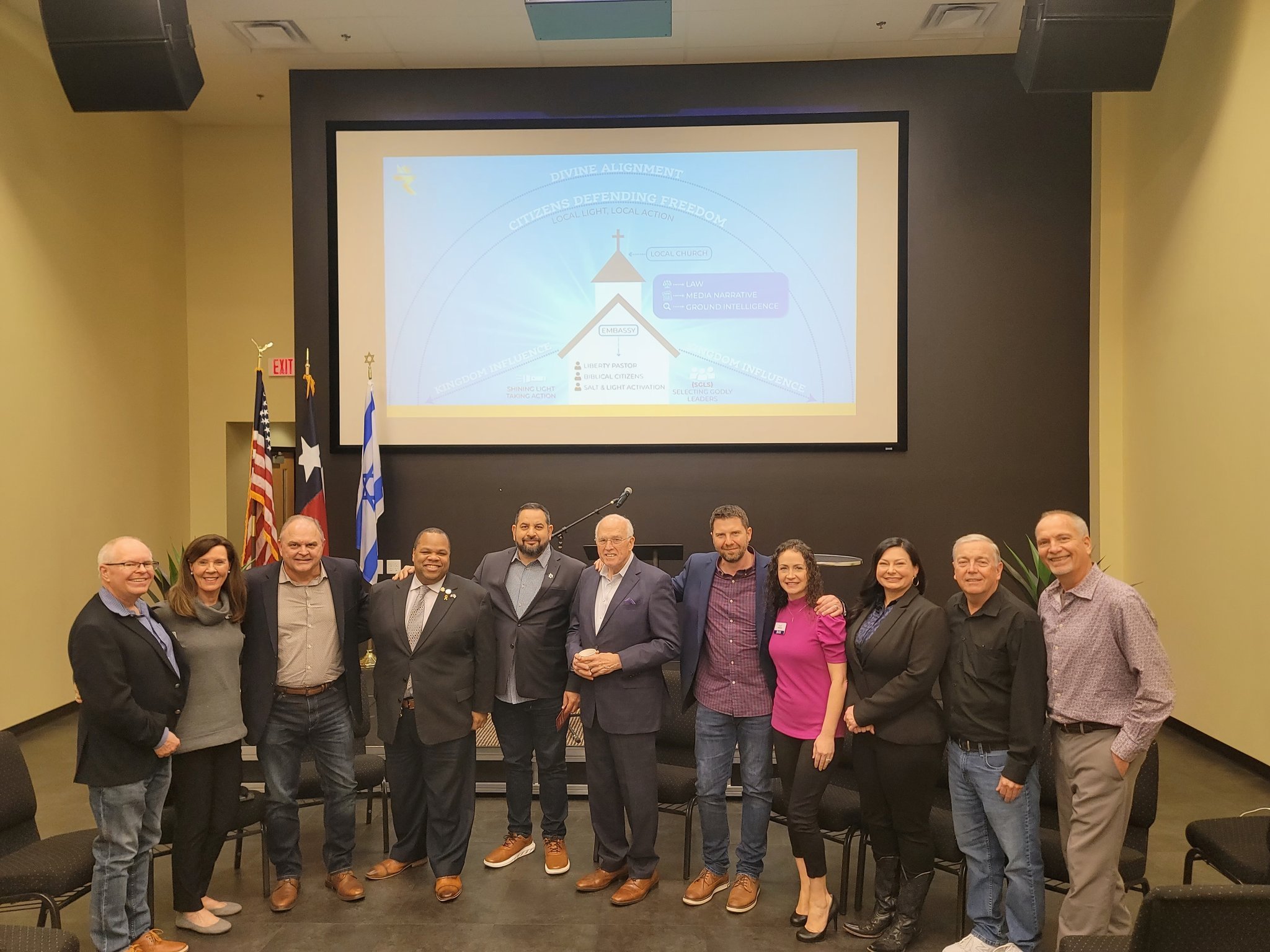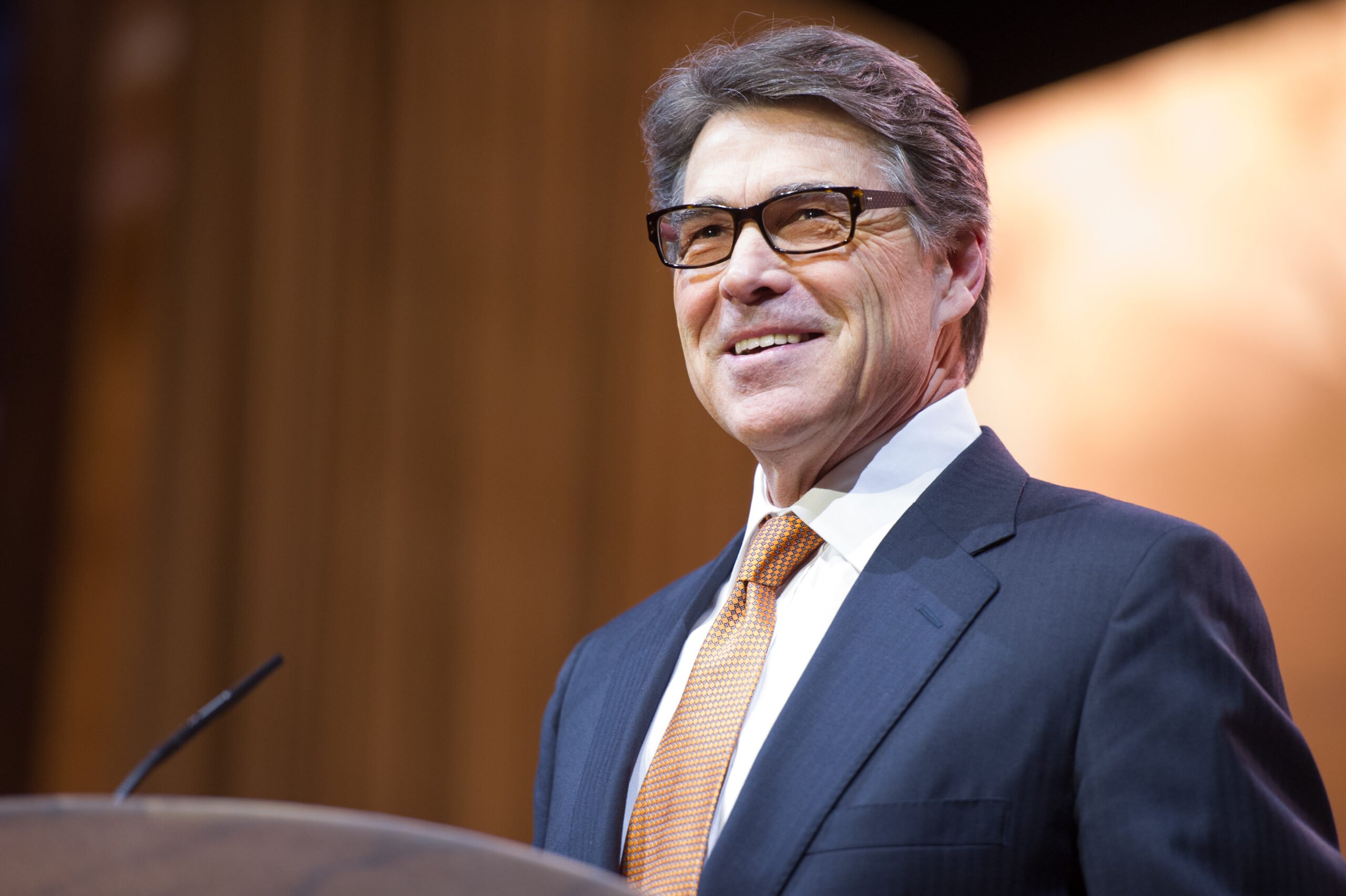ustxtxb_obs_1975_09_05_50_00008-00000_000.pdf
Page 5
State gas or state government 8 A happy ending on all sides. Last year at this time, Land Commissioner Bob Armstrong and soon-to-be-Comptroller Bob Bullock exchanged letters in the Observer on the idea of providing “state gas” to the Central Texas area. The gas was available, at least in theory, because the state has the ability to take “in kind” royalties from producers with leases on state land that is, to take royalties in gas rather than in cash. Bullock suggested that the state, instead of Bob Wieland Bullock: good idea immediately selling the gas, divert it for the use of folks in the Lo-Vaca distribution area. Armstrong responded that, because of the lead-in time on contracts and drilling, it would be some time before the state would have any gas to divert. He also said that the state would have to be careful about not diverting money from the state School Fund, which receives the cash royalty payments. Well, the state has gotten around to diverting some gas. The state Board of Control has told Armstrong \(who is in to proceed with plans to obtain royalty gas for use at the Capitol complex in Austin. It would be sold to the board \(for more than the state could get elsewhere for the same gas, but for less than the board expects to heating, but not for electricity generation. Armstrong told the Observer that this case is a particularly happy one for the state, for several reasons. ‘First of all, he said, the “package” of gas involved The Texas Observer Political Intelligence is small enough to simplify transportation problems. Second, the pricing is such that both the Board of Control and the school fund get a good deal. And third, no electricity generation a fairly inefficient way to use gas is involved. It’s not that he would refuse to allow royalty gas to be used as boiler fuel, Armstrong explained: it’s just that in this case he doesn’t have to face that question. Armstrong also said he had never been opposed to the idea of using the royalty gas, that he had simply tried to point out the problems involved. Nonetheless, Bullock drew some fire for promoting the idea last year, and he’s feeling vindicated. It’s not the full-fledged program he was hoping for, but then he admitted at the time, “I did not advance the suggestion as an accomplished solution.” Tess up Comptroller Bullock has gotten himself a reputation for doing more with his office than anyone has thought of doing before. It appears he’s about to repeat that feat, using his power to sign state paychecks to blast loose information about salary supplements. The supplements, as the Observer has reported over the years, are paid to certain state administrators from certain private sources. The most notorious, perhaps, is the $54,000 or so which gets divvied up among honchos at the Departmentof Mental Health and Mental Retardation. The money comes from an outfit called the Texas Foundation for MHMR, which in turn gets much of its money from drug companies \(which, in turn, sell drugs to the presidents and the UT chancellor dip into similar fund sources. The 1973 and 1975 state budgets have required the sources of such supplements to be filed with the secretary of state. So far, the “disclosures” have been fairly uninformative, disclosing such sources as “private sources” and “trust funds.” Bullock is out to change that, with an assist Mark White. Bullock set aide Buck Wood \(a lobbyist for Common Cause during task of working out rules for what constitutes acceptable disclosure. The guidelines had not been issued in final form as the Observer went to press, but Wood discussed his ideas on the subject with us. There are four sources that could be disclosed, he said. First, individuals who gave money could be identified: that, obviously, is fine with the comptroller. Second, “entities which hold tax exemptions from the IRS” under the relevant tax statute could be named as donors. That covers foundations and such, which make reports to the state attorney general and thus make their sources of income public. Third, there are corporations that might be contributirig to “chancellor’s funds” and the like: those folks can be audited by the comptroller’s office itself. And fourth, there are those troublesome non-incorporated, non-tax-exempt funds which, Wood said, have no precise legal definition. It is the practice of reporting sources who fall into this fourth category, he said, that is objectionable; if the recipient doesn’t report anything else, and the source doesn’t have to report to anybody, the information simply won’t come out anywhere. From now on, Bullock is not Bob Wieland Armstrong: good deal going to be issuing checks for officials who report only fourth-class sources. That, in turn, has led to quite an exchange of correspondence between Mark White and various colleges and universities. White has now accepted reports from seven state universities and rejected two other filings. Lamar University, for example, gets an A+ for informing White that President John E. Gray collects a $9,000 supplement from


